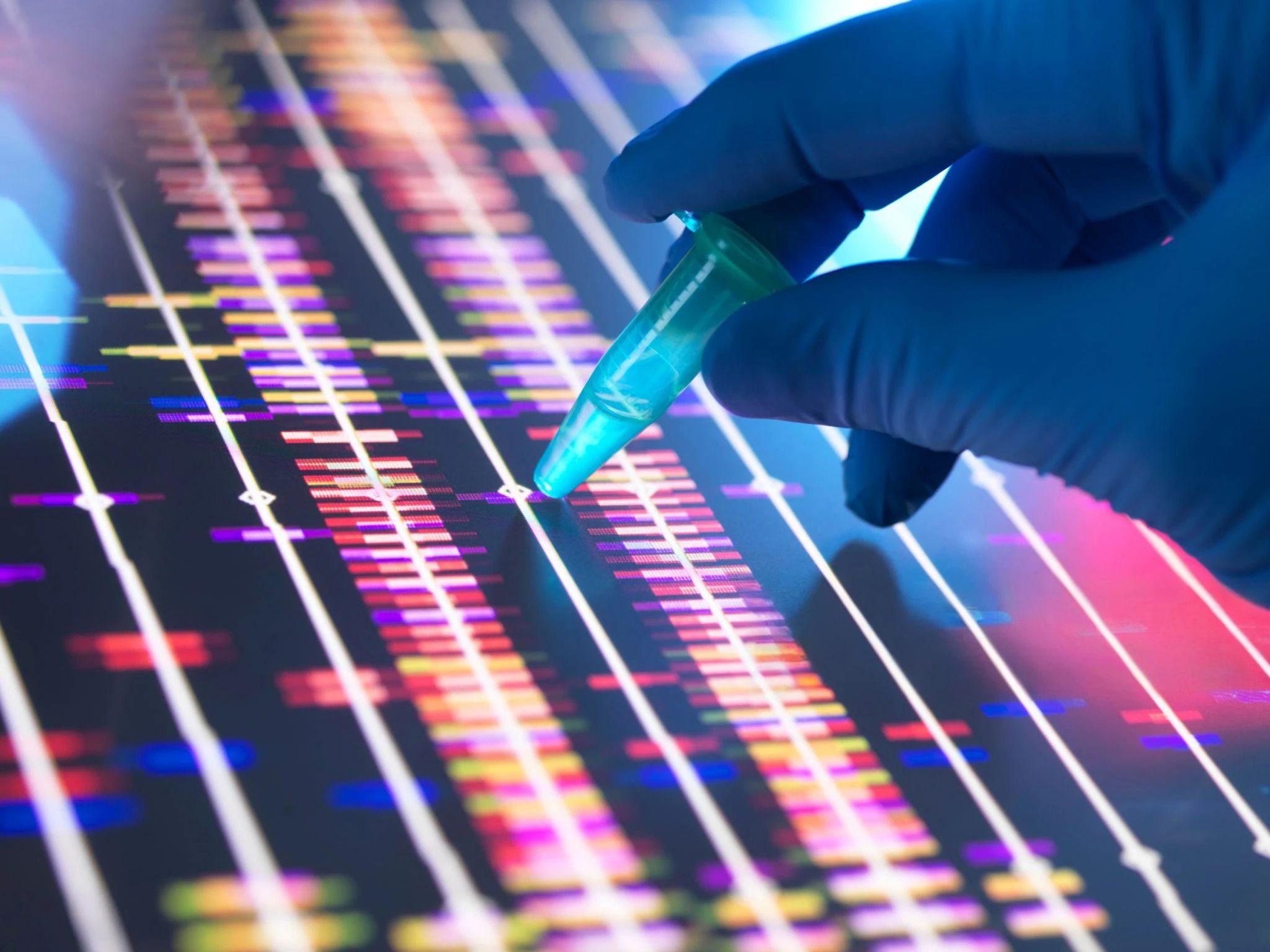The Future of Bioinformatics: An In-depth Guide for Health Innovations
Introduction to Bioinformatics
Bioinformatics is an interdisciplinary field that merges biology, computer science, and information technology to analyze and interpret biological data. As healthcare continues to evolve, bioinformatics plays a crucial role in revolutionizing the way we understand and treat diseases. This guide explores the future of bioinformatics and its potential impact on health innovations.
Over the past few decades, advances in technology have enabled researchers to gather vast amounts of biological data. This has paved the way for groundbreaking discoveries and innovations in personalized medicine, genomics, and more. As we look to the future, bioinformatics promises to drive even more significant changes in the healthcare landscape.

The Role of Bioinformatics in Personalized Medicine
Personalized medicine tailors medical treatment to the individual characteristics of each patient. By analyzing genetic information, bioinformatics allows healthcare providers to develop more effective treatment plans. This approach aims to optimize drug efficacy and minimize side effects, ultimately leading to improved patient outcomes.
With the help of bioinformatics tools, researchers can identify genetic markers associated with certain diseases, enabling early diagnosis and preventive measures. As this field continues to grow, we can expect more precise and targeted therapies that cater to the unique genetic makeup of each individual.
Genomic Data Analysis
One of the most significant contributions of bioinformatics is its ability to analyze genomic data. With the advancement of sequencing technologies, researchers can now sequence entire genomes rapidly and cost-effectively. Bioinformatics software then processes this data, uncovering insights into gene function and disease mechanisms.

Bioinformatics in Drug Discovery
Drug discovery is a complex and time-consuming process. Bioinformatics accelerates this process by providing tools for virtual screening, molecular modeling, and data analysis. These technologies help identify potential drug candidates faster and more accurately than traditional methods.
The integration of bioinformatics in drug discovery not only reduces costs but also increases the likelihood of finding effective treatments for diseases that were previously considered untreatable. By leveraging computational models and simulations, researchers can predict how drugs will interact with biological targets, streamlining the development process.
Data Integration and Management
Effective data integration and management are essential for successful bioinformatics applications. As research generates massive datasets, efficient storage, retrieval, and analysis become critical. Bioinformatics solutions provide platforms for managing this data volume while ensuring data accuracy and accessibility.

The Future of Bioinformatics in Healthcare
Looking ahead, the future of bioinformatics in healthcare appears promising. With continuous advancements in artificial intelligence and machine learning, bioinformatics is set to revolutionize disease diagnosis, treatment planning, and patient care. These technologies will enable real-time analysis of complex datasets, leading to faster and more accurate medical decisions.
Moreover, the integration of bioinformatics with wearable technology and mobile health applications will empower patients with real-time health monitoring and personalized health recommendations. This shift towards proactive health management is expected to enhance patient engagement and improve overall health outcomes.
Challenges and Opportunities
Despite its potential, bioinformatics faces several challenges, including data privacy concerns, the need for standardized protocols, and the demand for skilled professionals. Addressing these challenges will require collaboration across disciplines and sectors.
The opportunities presented by bioinformatics are vast. By harnessing its capabilities, we can anticipate breakthroughs in understanding complex diseases, developing innovative therapies, and ultimately transforming healthcare delivery for the better.
